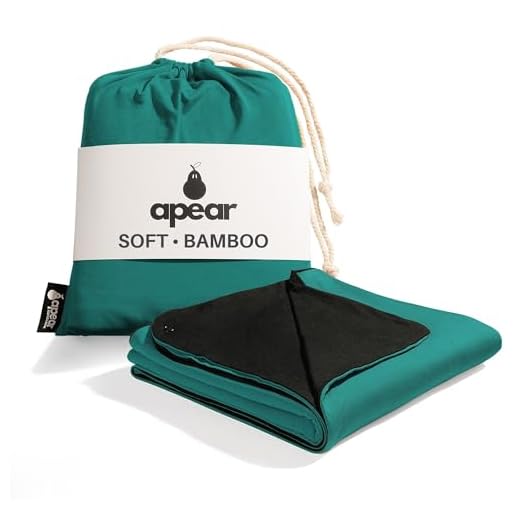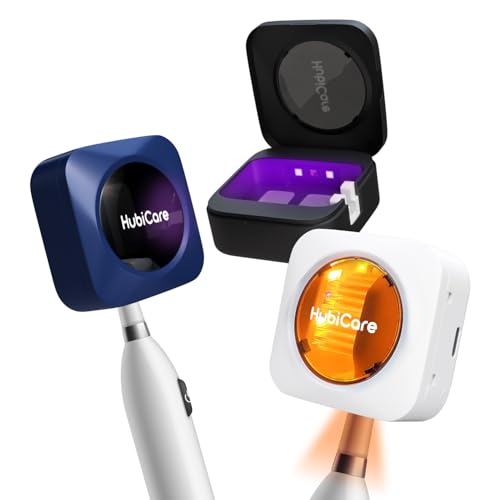



Liquids must be packed in containers of up to 100ml each, clearly fitted into a zip-top plastic bag not exceeding 1 liter. This applies to items like shampoo and other toiletries. Electronic devices such as laptops and tablets should remain accessible for security checks, while smaller items including smartphones and chargers can be stored together in your carry-on.
For checked items, bulkier clothing, shoes, and larger toiletries are acceptable. Wrap fragile items, and take care not to exceed the weight limits imposed by your airline. Avoid including valuables like jewelry or important documents in checked bags to prevent loss or theft.
Food items are generally allowed, yet check specific regulations as restrictions may apply to certain countries. While snacks can be stored in cabin carryalls, fresh produce or homemade meals may not be permitted, particularly across international borders. Always consult your airline’s guidelines before packing.
What Goes in Carry-On Bags and Checked Baggage
Liquids must be in containers of 100ml or less, all neatly packed in a transparent, resealable plastic bag no larger than 1 liter. Electronics like laptops and tablets should be placed separately in security bins for screening. Always include medications, travel documents, and valuables in your cabin bag to keep them secure and easily accessible.
Items not suitable for cabin transport include sharp objects, large sports equipment, and most tools due to safety regulations. For checked items, larger liquids and sharp items are acceptable but ensure to check airline weight limits to avoid additional fees.
Clothing can easily be packed in either category. However, a change of clothes and essential toiletries should be packed in the cabin bag for quick access during travel delays. Consider also packing a lightweight jacket or blanket for comfort, as cabin temperatures can vary.
Restricted items for baggage typically include explosives, items that can be used as weapons, and flammable materials. Familiarize yourself with specific airline regulations, as they may vary.
Make sure to read through the guidelines provided by your carrier before packing. Adhering to rules can prevent complications and ensure a smoother travel experience.
Items Allowed in Hand Luggage
Liquids, aerosols, and gels must adhere to the 100ml rule. Each container should not exceed 100ml, and all items must fit in a single transparent, resealable plastic bag, limited to one per passenger.
Prohibited Items
- Sharp objects such as knives and scissors
- Firearms and explosive materials
- Self-defense sprays, including pepper spray
- Tools over 7 inches in length
Permissible Essentials
- Electronics like laptops, tablets, and e-readers
- Medicines, with necessary documentation if needed
- Personal items including wallets, keys, and glasses
- Food items, subject to airline regulations
Transport all electronics safely. Keep devices like laptops readily accessible for security checks. Pack chargers and power banks appropriately, ensuring power banks are under the specified wattage limits.
Consider including essential travel documents such as boarding passes, passports, and relevant identification in an easily accessible compartment.
Prohibited Items in Hand Luggage
Sharp objects, including knives, scissors over 4 inches, and razor blades, are strictly forbidden. Avoid carrying any form of sporting equipment that can be used as a weapon, such as baseball bats, hockey sticks, or golf clubs.
Explosives and flammable substances are not permitted. This includes items like fireworks, lighter fluid, and any flammable paints or solvents. Any type of self-defense sprays, such as pepper spray, is also restricted.
Liquids exceeding 3.4 ounces (100ml) are not allowed unless they are in a container compliant with regulations. This applies to drinks, gels, creams, and other similar substances. Make sure all containers fit into a single quart-sized bag.
Electronic devices with large batteries, such as hoverboards or certain types of e-cigarettes, may be banned due to safety regulations. It is advisable to check airline policies regarding battery-operated items.
Prohibited items also include any form of illegal substances. Carrying drugs, without a valid prescription, can lead to severe penalties.
Items considered offensive or nuisance-producing, like large musical instruments, may face restrictions. Always confirm with the airline about specific policies to avoid issues at security checkpoints.
Check the specific regulations of the airline and destination country, as they may have additional restrictions. Compliance is essential for a smooth travel experience.
Weight and Size Restrictions for Cabin Bags
Most airlines impose specific limits for cabin bags regarding both weight and dimensions. Ensure compliance with these guidelines to avoid additional fees or complications during security checks.
Typical Size Regulations
Commonly accepted dimensions for cabin bags are approximately 55 cm x 40 cm x 20 cm (21.5 in x 15.5 in x 7.5 in). However, these measurements can vary across airlines. Always check the website of your carrier for precise requirements.
Weight Limits
Weight allowances usually range from 7 kg (15 lbs) to 10 kg (22 lbs), but some carriers may permit more. Exceeding the specified limit can result in having to check your bag into the cargo hold, often at an additional fee.
| Airline | Max Dimensions (cm) | Weight Limit (kg) |
|---|---|---|
| Airline A | 55 x 40 x 20 | 8 |
| Airline B | 56 x 45 x 25 | 10 |
| Airline C | 55 x 35 x 25 | 7 |
| Airline D | 58 x 40 x 20 | 10 |
Different airlines may offer the option to bring an additional personal item, such as a laptop bag or purse. Verify specific policies to maximize convenience while traveling.
Items Permitted in Checked Baggage
Clothing, including bulky items like jackets and shoes, should be packed neatly to maximize space. Consider rolling garments to minimize wrinkles and optimize volume. Utilize packing cubes for organization.
Electronics that are larger than what can be taken aboard include laptops and tablets. Ensure that they are securely cushioned to prevent damage during transit. Charging cables and accessories may be included but pack them securely.
Toiletries are allowed, but be aware of liquid restrictions in travel sizes; higher quantities are acceptable here. Include items like shampoo, conditioner, and lotion. Keep these in leak-proof bags to avoid spills.
Travel Aids and Other Necessities
Items such as strollers, wheelchairs, or other mobility aids can be included without extra fees. For families, consider opting for the best umbrella stroller for plane travel to ensure convenience during the trip.
Food and beverages can be stored as long as they are not prohibited by airline regulations. Dishes prepared at home, snacks, and even unopened beverages are generally accepted. Always check beforehand for specific airline rules.
Lastly, gifts can be transported in checked bags, though it’s wise to leave them unwrapped. If inspections are necessary, this makes the process smoother.
Common Restrictions for Checked Baggage
Sharp instruments such as knives, scissors, and other pointed items are prohibited in checked bags, aligning with safety regulations. Additionally, lithium batteries must be stored in a limited manner to avoid fire hazards. Firearms, explosives, and flammable substances are strictly forbidden as well.
Personal items like valuable electronics should be carried separately, despite being allowed in checked containers, to mitigate the risk of damage or loss. Products containing hazardous materials, including certain types of paint and aerosol sprays, must not enter the cargo area.
Perishable goods might face restrictions due to temperature control issues, so verify airline policies prior to travel. Always check the specific airline’s guidelines to avoid complications at the boarding gate.
Examples of unique items that may surprise travelers include certain sports equipment which may be accepted subject to additional fees or packaging requirements. For those looking for comfort upon arrival, consider packing items such as umbrellas for outdoor use; you might find the best outdoor umbrellas from el dorado furniture quite helpful.
For cleaning purposes, certain household products like bleach can be included but must adhere to volume restrictions set by the airline. It’s advisable to look into the best bleach for pressure washing pavers for safety during travel. Inclusions should always follow the detailed policies from the airline to ensure a smooth journey.
Best Practices for Packing Both Luggage Types
Prioritize lightweight items in carry-on options to ease the burden during transit. Place heavier essentials in checked bags, ensuring to distribute weight evenly to avoid excess charges.
Utilize packing cubes or compression bags. These tools organize personal items effectively, maximizing space and simplifying the security screening process.
Place liquids in containers no larger than 100 ml within a transparent resealable bag for quick access. Reserve easy-to-reach pockets for electronics and travel documents to streamline through security checkpoints.
Include a change of clothes and toiletries in hold compartments to prepare for unexpected delays. Pack fragile items with cushioning, placing them centrally within checked containers to minimize damage risk.
Opt for durable, identifiable baggage to prevent loss, employing colorful straps or tags. Ensure compliance with weight limits by weighing the bags before the trip, allowing adjustments as needed.
Consider individual needs for both journeys–medications, snacks, or entertainment for short trips, and clothing for various climates if traveling long distances.








